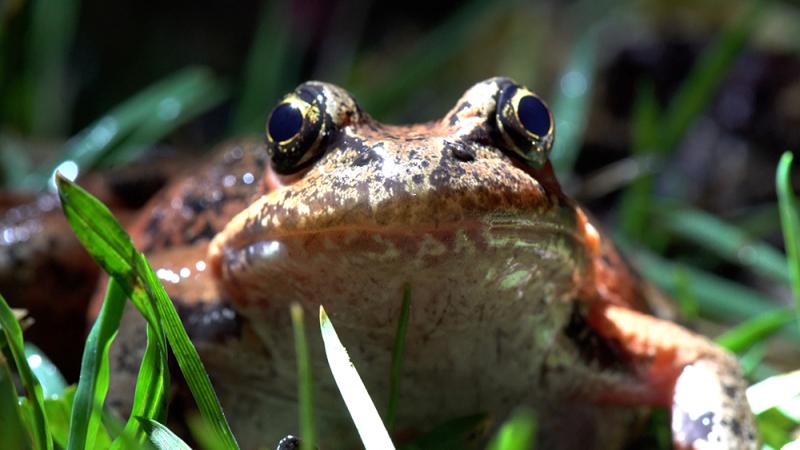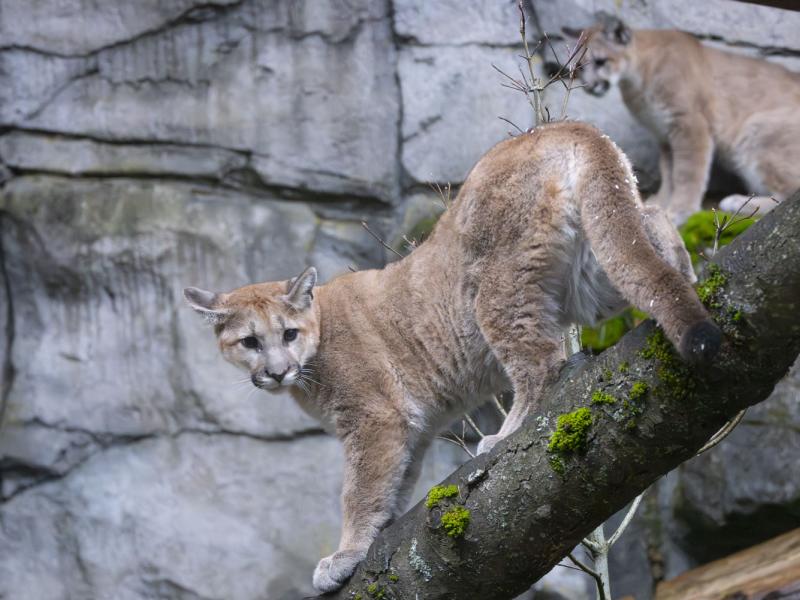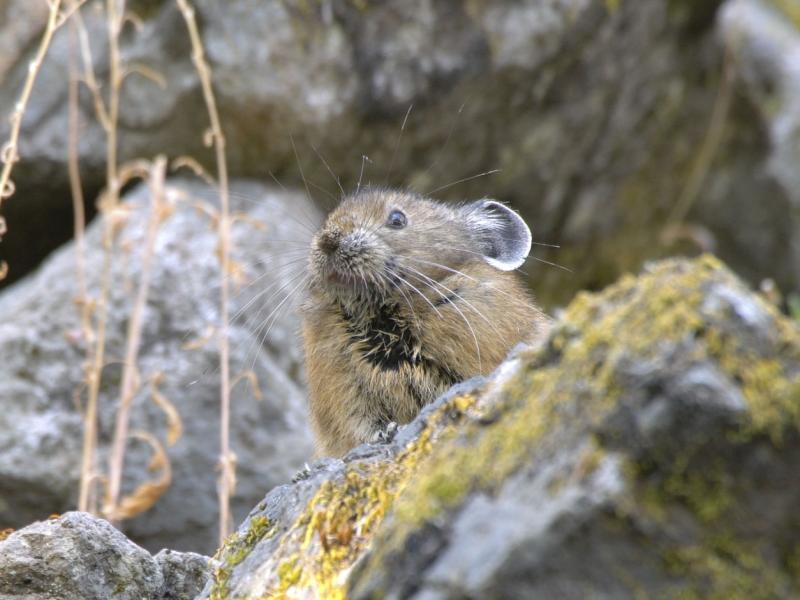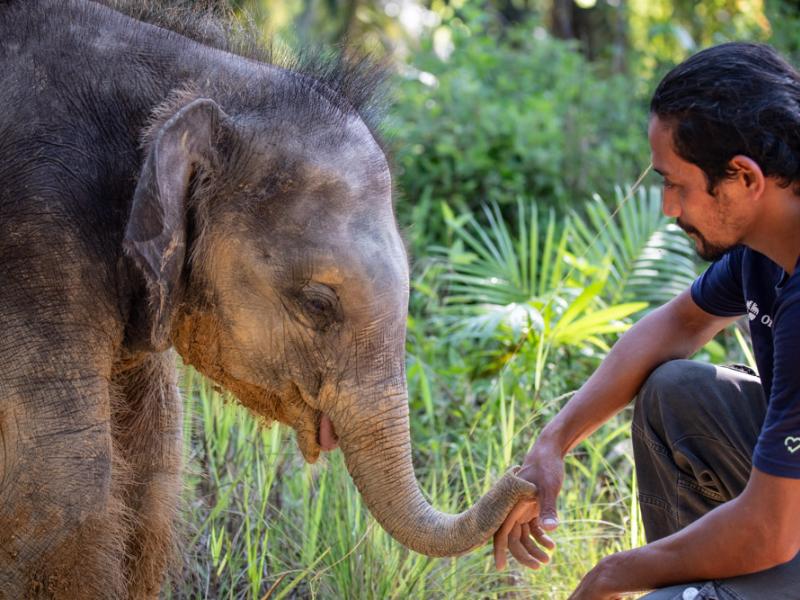On rainy nights, Portland frogs hop a cab

Harborton Frog Shuttle provides safe transport for imperiled amphibians
It's a rainy winter evening in the City of Roses, and the area's largest population of northern red-legged frogs is on the move.
They're hopping down from Forest Park, where they live most of the time, to Harborton wetlands, their seasonal breeding grounds — crossing two roads, a four-lane highway and two sets of railroad tracks.
"It's like that old video game Frogger," said Philip Fensterer, a life-support systems professional at the Oregon Zoo by day and a volunteer "frog transportation specialist" by night. "In order to survive, these frogs need to make it across the road without getting hit by vehicles — and at rush hour, that's no easy feat."
The frogs usually attempt the perilous crossing between November and May, on rainy evenings when the temperature's 45 degrees or higher. On these occasions, Fensterer dons his rain gear and heads out to join a crew of around 90 volunteers assisting with Oregon Wildlife Foundation's Harborton Frog Shuttle — aka the "Frog Taxi."
Volunteers spread out, scanning the roadside and nabbing the amphibians as they approach. The frogs are then safely transported to their wetlands destination, where they're counted and released. After mating and laying eggs, the frogs head back uphill and catch another cab home to Forest Park.
Northern red-legged frogs are considered a federal species of concern and are protected in Oregon. The Forest Park frogs are Portland's last significant population.
While a safer route would be ideal, long-term solutions are limited. An overpass would be expensive to build, with no guarantee that the frogs would use it. And an underpass would channel too much water, potentially flooding the wetlands in the area.
So for now, a dedicated team of volunteers is keeping this population alive — one taxi at a time.
In addition to Oregon Wildlife Foundation, Harborton Frog Shuttle partners include the West Multnomah Soil and Water Conservation District and the Oregon Zoo's volunteer Environmental Conservation Outreach (ECO) team.
More News

Rescued cougar cubs are venturing out
. A pair of orphaned cougar cubs, rescued and brought to the zoo by Washington Department of Fish and Wildlife staff in November, have begun exploring their outdoor habitat.April 17, 2025

Zoo seeks pika watchers for summer season
The Oregon Zoo is recruiting volunteers for Cascades Pika Watch.April 15, 2025

Zoo convenes action for imperiled elephants
Sabah government representatives joined conservation NGOs, local communities, palm oil producers, and tourism operators this week in the fight to save the world’s smallest elephants from extinction.April 11, 2025

